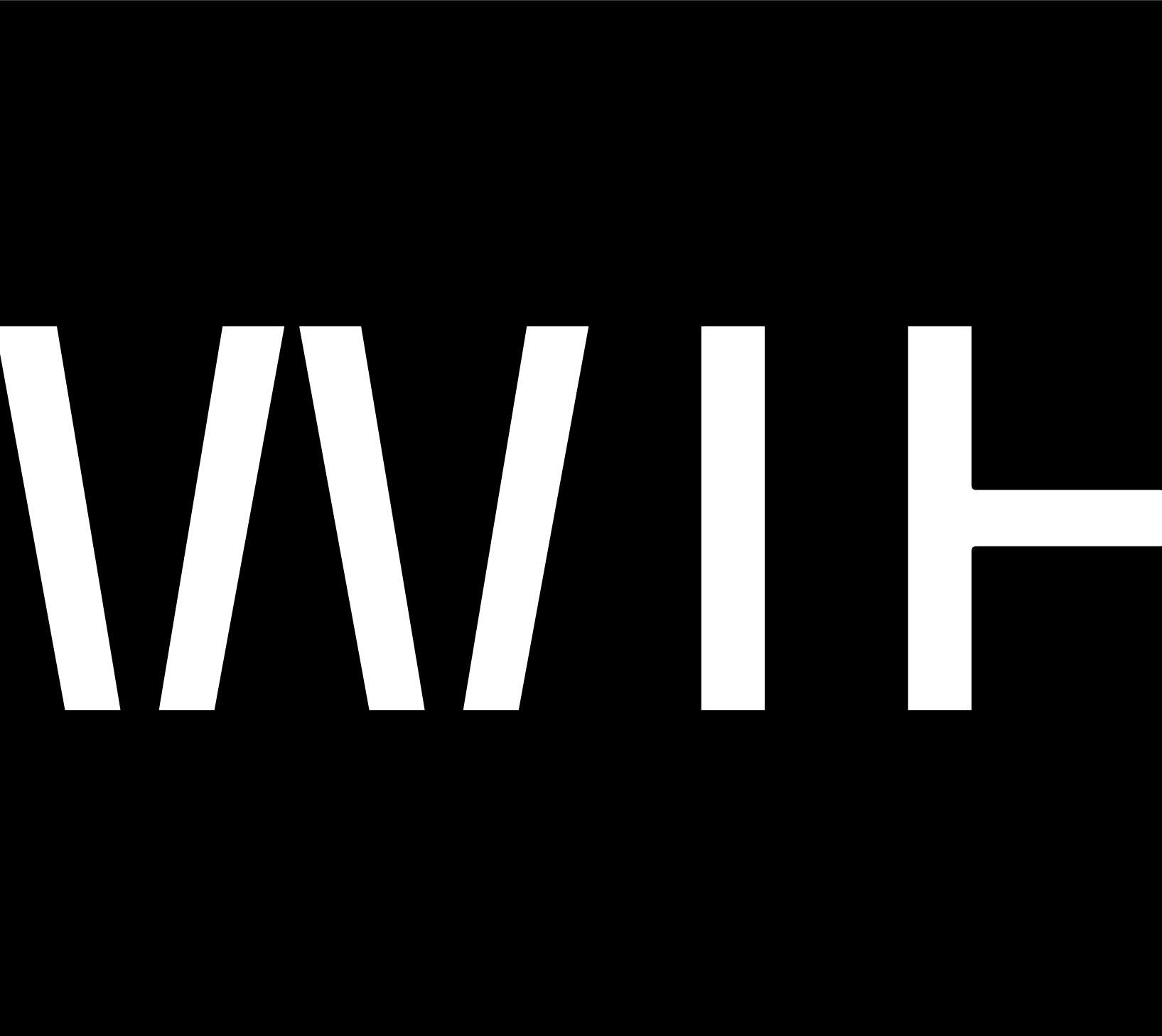Uber ordered to pay €584,000 for failure to comply with court order in robo-firing case
- Worker Info Exchange

- Oct 5, 2023
- 4 min read
· Uber failed to comply with Court of Appeal order to provide meaningful information on the automated decision to dismiss workers.
· Court ordered Uber to pay €584,000 in penalty payments to robo-fired Uber drivers with €4,000 accruing for each additional day of non-compliance.
· Judge questions whether Uber is deliberately withholding information from workers to the advantage of their business interests.
The District Court of Amsterdam has today ruled that Uber has failed to comply with the April 2023 Court of Appeal order that Uber must provide transparency into the automated decision to dismiss two drivers from the UK and Portugal. The case was brought by Worker Info Exchange (WIE) in support of the App Drivers and Couriers Union (ADCU).
The earlier Court of Appeal ruling with which Uber has failed to comply.
In April 2023 the Amsterdam Court of Appeal found that the drivers are entitled to information about the existence of automated decision making used in the management decision to dismiss them. This includes profiling of the workers and meaningful information about the logic involved, as well as the significance and the envisaged consequences of such automated decision making.
The Court of Appeal ruled that Uber is obliged to provide this information so that workers can reasonably challenge the robo-firing decisions. In particular information on factors taken into account in the decision-making process, and their respective weighting at an aggregate level, should be provided. Uber was ordered to provide sufficient information for the workers to understand the reasons for the employment dismissal decision taken against them.
The Court of Appeal also found that the human review of the robo-firing decisions was nothing more than a symbolic act.
Today’s ruling that Uber has failed to comply with the Court of Appeal order.
The District Court of Amsterdam today found that Uber has failed to comply with the order of the Court of Appeal in the case of two drivers. The court ordered that Uber has forfeited uncapped penalty payments of €4,000 per day which now stands at a total of €584,000 due to the drivers until Uber complies with the Court of Appeal order for algorithmic transparency.
In responding to the Court of Appeal order, Uber provided only further information about the post decision human review which the Court of Appeal had already dismissed as ‘nothing more than a symbolic act’. Uber failed to provide any meaningful information about the profiling used, the factors used in the decision making and the logic used in the algorithmic decision to fire the drivers. Uber continued to argue that it should not give the workers more information about the decision to dismiss them so that the firm could protect its security and trade secrets.
The Judge determined that Uber failed to provide any information about the solely automated part of the decision to dismiss the workers. Instead, Uber tried to relitigate the earlier case by arguing that the decision to dismiss was not automated after all despite the earlier Court of Appeal finding that the decisions were indeed automated. These arguments were rejected.
In her ruling Judge R.A. Dudok van Heel wrote:
"It cannot be said that the failure to comply with the order is not serious…It may also be the case that Uber is deliberately trying to withhold certain information because it does not want to give an insight into its business and revenue model."
In refusing to suspend or cap the penalty payments the Judge R.A. Dudok van Heel wrote:
"The high and uncapped periodic penalty payments are not considered disproportionate…these penalty payments can provide sufficient incentive for Uber to comply with the order."
James Farrar, Director of Worker Info Exchange said:
"Whether it is the UK Supreme Court for worker rights or the Netherlands Court of Appeal for data protection rights, Uber habitually flouts the law and defies the orders of even the most senior courts. Uber drivers and couriers are exhausted by years of merciless algorithmic exploitation at work and grinding litigation to achieve some semblance of justice while government and local regulators sit back and do nothing to enforce the rules. Instead, the UK government is busy dismantling the few protections workers do have against automated decision making in the Data Protection and Digital Information Bill currently before Parliament. Similarly, the proposed EU Platform Work Directive will be a pointless paper tiger unless governments get serious about enforcing the rules"
Anton Ekker, of Ekker Law representing the drivers said:
"Drivers have been fighting for their right to information on automated deactivations for several years now. The Amsterdam Court of Appeal confirmed this right in its principled judgment of 4 April 2023. It is highly objectionable that Uber has so far refused to comply with the Court's order. However, it is my belief that the principle of transparency will ultimately prevail."
Background
1. Amsterdam District Court ruling of October 5, 2023 confirming that Uber has failed to comply with Court of Appeal ruling of April 4, 2023. Unofficial translation from original in Dutch: https://5b88ae42-7f11-4060-85ff-4724bbfed648.usrfiles.com/ugd/5b88ae_9f6a8251f07b4789852d1fdc171b9475.pdf
2. Amsterdam Court of Appeal ruling of April 4, 2023. Unofficial translation from original in Dutch: https://5b88ae42-7f11-4060-85ff-4724bbfed648.usrfiles.com/ugd/5b88ae_08115b4f671a4d2f8f2d384f4239899f.pdf
3. Our press release of April 4, 2023 explaining the Court of Appeal ruling: https://www.workerinfoexchange.org/post/historic-digital-rights-win-for-wie-and-the-adcu-over-uber-and-ola-at-amsterdam-court-of-appeal
4. Proposed Data Protection and Digital Information Bill will gut protections from automated decision making and increase the hurdle to access rights – both successfully claimed in this case against Uber: https://bills.parliament.uk/bills/3430



Comments